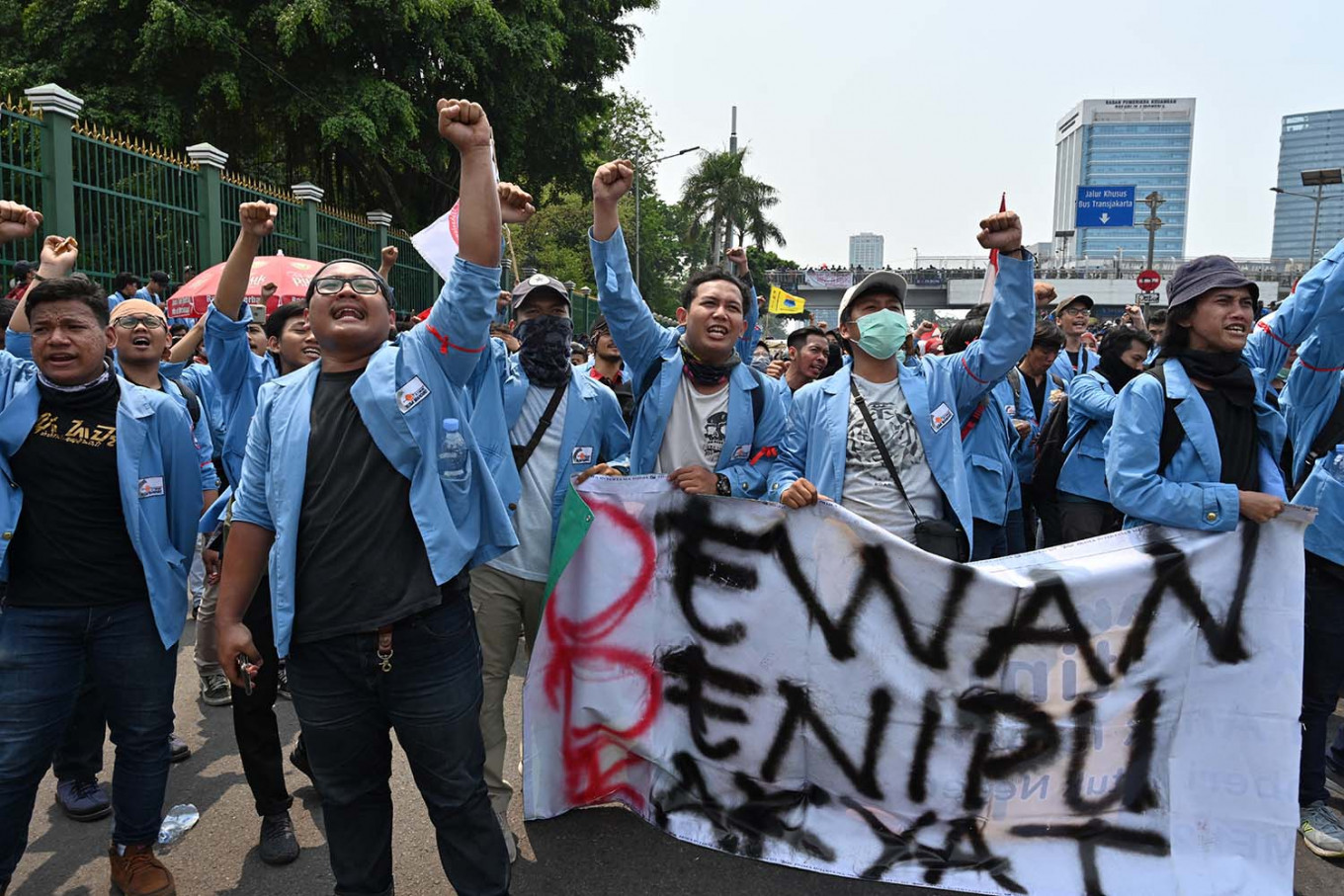Corruption Perception: Public Trust in Indonesian Leaders – Real Talk from the Ground
JAKARTA, turkeconom.com – In Indonesia, the perception of corruption significantly influences public trust in political leaders and institutions. As a nation grappling with the legacy of corrupt practices, understanding how corruption perception shapes citizens’ attitudes toward their leaders is crucial. This article delves into the realities of corruption perception in Indonesia, drawing on insights and experiences from the ground to shed light on the challenges and implications for governance.
The Landscape of Corruption in Indonesia

Historical Context
Corruption has long been a pervasive issue in Indonesia, rooted in historical practices that date back to the Suharto era. Despite significant reforms and the establishment of anti-corruption institutions, the perception of corruption remains high among the populace. This historical backdrop continues to shape how citizens view their leaders and the effectiveness of governance.
Current State of Corruption
According to various reports, including the Corruption Perceptions Index (CPI) published by Transparency International, Indonesia consistently ranks poorly in terms of perceived corruption. This perception is fueled by high-profile corruption cases involving government officials and business leaders, which further erodes public trust.
The Impact of Corruption Perception on Public Trust
Erosion of Trust in Leadership
When citizens perceive their leaders as corrupt, it leads to a significant erosion of trust. Many Indonesians feel disillusioned by a political system that seems to prioritize personal gain over public service. This mistrust can result in voter apathy, as citizens question the integrity of their leaders and the electoral process itself.
Disillusionment with Governance
Corruption perception affects not only trust in individual leaders but also in governmental institutions as a whole. Many Indonesians believe that corruption is deeply embedded in the political system, leading to skepticism about the effectiveness of governance. This disillusionment can hinder civic engagement and participation in democratic processes.
Social Consequences
The social consequences of corruption perception are profound. When trust in leaders diminishes, it can lead to a lack of cooperation between citizens and government institutions. This breakdown in trust can exacerbate issues such as crime, social unrest, and economic instability, creating a cycle of discontent and disengagement.
Real Talk: Insights from the Ground
Voices from the Community
From my experiences and conversations with fellow Indonesians, it’s clear that corruption perception is a hot topic. Many express frustration over the apparent lack of accountability among leaders. Common sentiments include:
- “They’re all the same.” Many believe that regardless of who is in power, corruption persists, leading to a sense of hopelessness.
- “Why should I vote?” A prevalent feeling of disillusionment often results in low voter turnout, as citizens question the value of participating in a system they perceive as corrupt.
The Role of Media and Information
Media plays a crucial role in shaping corruption perception. Investigative journalism that exposes corrupt practices can help raise awareness and hold leaders accountable. However, sensationalist reporting can also contribute to a culture of cynicism, where citizens become desensitized to corruption news.
Grassroots Movements and Activism
Despite the challenges, grassroots movements aimed at combating corruption are gaining momentum. Many Indonesians are becoming more vocal about their demands for transparency and accountability. Initiatives led by civil society organizations encourage citizens to report corrupt practices and engage in advocacy efforts, fostering a sense of empowerment.
Strategies for Rebuilding Trust
Promoting Transparency
To rebuild public trust, it is essential to promote transparency in governance. Initiatives such as open data platforms and public access to government spending information can help citizens hold leaders accountable and restore faith in the political system.
Strengthening Anti-Corruption Institutions
Investing in anti-corruption institutions like the Corruption Eradication Commission (KPK) is vital. Ensuring these bodies operate independently and are free from political interference can enhance their effectiveness in combating corruption and improving public perception.
Encouraging Civic Engagement
Encouraging civic engagement is crucial for revitalizing trust in governance. Educational programs that inform citizens about their rights and the importance of participation in democratic processes can empower them to demand accountability from their leaders.
Conclusion
Corruption perception in Indonesia profoundly impacts public trust in political leaders and institutions. As citizens grapple with disillusionment and skepticism, it is essential to address the root causes of corruption and promote transparency and accountability in governance.
Real change requires collective efforts from both the government and the citizenry. By fostering an environment where integrity is valued and corruption is actively challenged, Indonesia can work towards rebuilding trust and creating a more equitable political landscape.
Sharpen Your Skills: Delve into Our Expertise on Politic
Check Out Our Latest Piece on Religious Influence!











